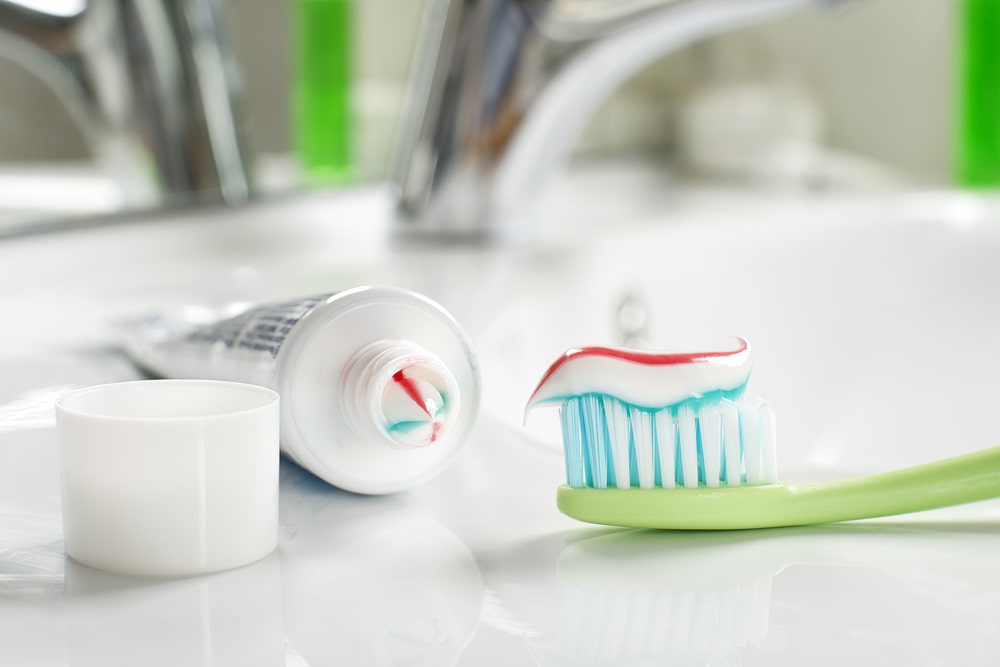What is fluoride and where is fluoride found?
Fluoride is a natural element found in the earth’s crust, in air and in water. It is considered a nutrient because our bodies need it to grow and develop properly and decades ago scientists discovered that kids who naturally took in more fluoride had fewer cavities.
In the mid-1940s communities began adding fluoride to water supplies to protect against tooth decay. Fluoride is also placed in dentifrices such as toothpaste and fluoride rinses. Kids without fluoride in their water supply may also be given fluoride tablets by their physician or dentist while they are still growing. Most bottled water does not contain fluoride. Those with well water or those with known non-fluoridated water, should have the fluoride concentration in their water supply checked to determine if they need a fluoride supplement. Elizabethtown Family Dentistry believes in the benefit of fluoride which is why all of our patients receive a fluoride treatment at dental cleaning visits.
How does fluoride get into our teeth and how does it help?
Fluoride gets into our teeth in two ways:
- Fluoride is taken up by our body when we eat or drink things containing fluoride. It concentrates in growing teeth to make them hard.
- Fluoride can be absorbed by teeth already erupted in the mouth when we apply it to the surfaces of our teeth, for example when we use toothpaste. Fluoride here helps to keep teeth hard and also acts to inactivate some of the bacteria in our mouths that cause cavities.
Is there such a thing as TOO MUCH fluoride?
Most of us get the right amount of fluoride through a combination of fluoridated toothpaste and water, or supplements. Too much fluoride before the age of 8 (when most teeth are developing) can cause enamel fluorosis, a discoloration of the permanent teeth. These changes are usually subtle and not harmful. Only at extremely high levels of fluoride would a person experience harmful effects such as nausea, diarrhea, or abdominal pain. Children under 2 years old or those who cannot spit instead of swallow their toothpaste should be given very small amounts of fluoride toothpaste only use “training” toothpaste without fluoride.
Should I include fluoride in my daily oral hygiene and in the care of my children’s dental health?
Yes, fluoride is one of our best defenses against tooth decay (cavities) and both kids and adults can benefit from its use. If you have more questions about fluoride, ask your dental health provider.


